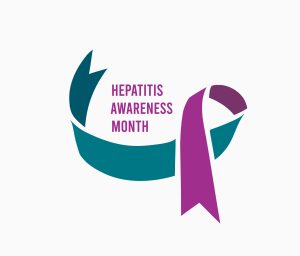 Peptic ulcer disease is a condition that causes open sores or ulcers to develop in the lining of the stomach or small intestine.
Peptic ulcer disease is a condition that causes open sores or ulcers to develop in the lining of the stomach or small intestine.
The most common causes of peptic ulcers are an infection with a bacterium called Helicobacter pylori (H. pylori) or the use of a group of medications called non-steroidal anti-inflammatory drugs (NSAIDs) for a long time and/ or at high doses. Both may lead to the breakdown of the lining that protects the stomach and small intestine from strong acids. Without this protection, the acids will eat their way through and create sores.
Most people living with peptic ulcers do not experience any symptoms. However, if symptoms present, they can include:
- Stomach pain
- Burning sensation in the stomach
- Bloating
- Belching
- Feeling of fullness
- Nausea and vomiting
- Weight loss
- Dark, bloody, or tarry stools
If you are experiencing symptoms, you should see a doctor. Because, if left untreated peptic ulcers can result in complications such as internal bleeding, gastrointestinal obstruction, gastrointestinal perforation (a hole in the stomach), or gastric cancer.
Diagnosing peptic ulcer disease may include a physical examination, lab tests, GI series x-ray examinations, or an endoscopy. Treatment depends on the cause and can involve antibiotics to kill H. pylori, medications to block or reduce acid production, medication to coat and protect the lining of the stomach or small intestine, or medications to neutralize stomach acids.
To schedule an appointment with a gastroenterologist at Flushing Hospital Medical Center, please call 718-670-5486.
All content of this newsletter is intended for general information purposes only and is not intended or implied to be a substitute for professional medical advice, diagnosis or treatment. Please consult a medical professional before adopting any of the suggestions on this page. You must never disregard professional medical advice or delay seeking medical treatment based upon any content of this newsletter. PROMPTLY CONSULT YOUR PHYSICIAN OR CALL 911 IF YOU BELIEVE YOU HAVE A MEDICAL EMERGENCY.


